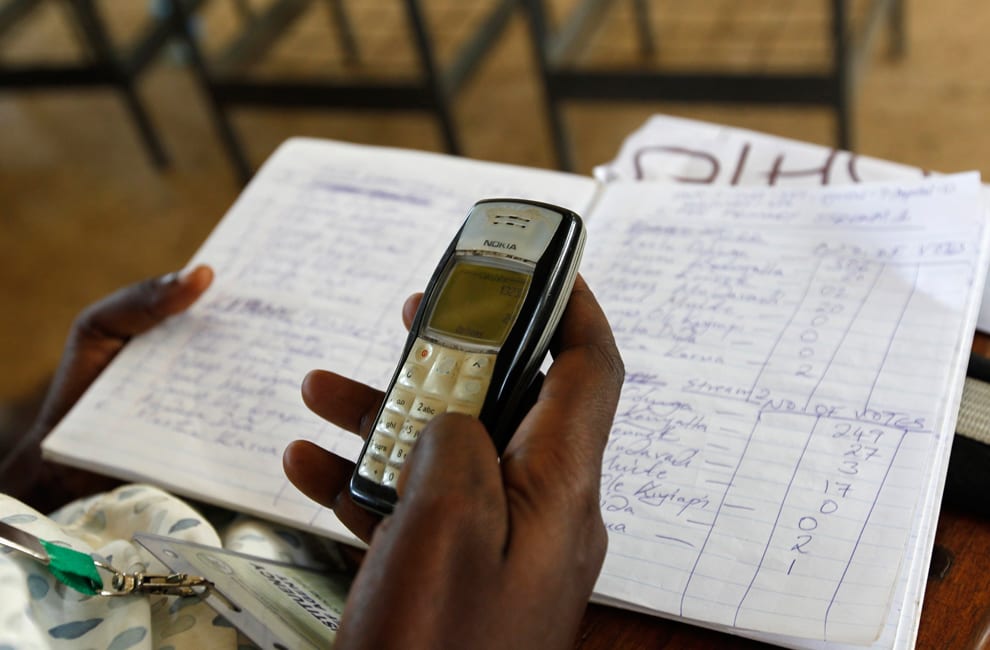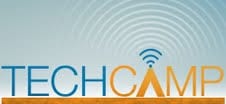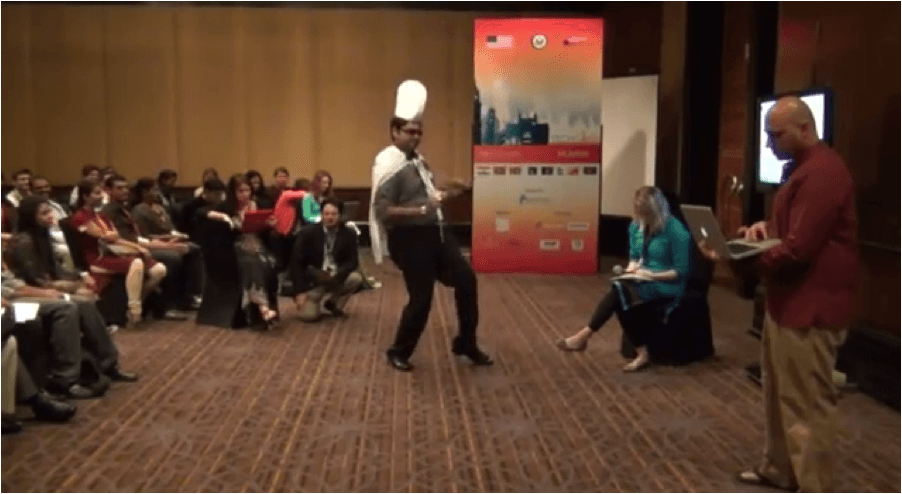Democracy and 21st Century Statecraft

By Rebecca Woodward
The recent presidential elections in Kenya served as a platform to showcase mobile technology as a medium for transparent and fair processes in a country troubled by election violence and fraud in the recent past. There are roughly six billion mobile phones in the world, in Kenya over 75% of the population uses cell-phones, so drawing upon technology already in use as a tool for institutional accountability is a logical choice. Much has been said and written about the Obama administration’s approach to digital government, and it has mostly revolved around former Secretary of State Clinton’s plan for 21st century statecraft. This novel approach of Government using technology as the building blocks and foundation to reach out and connect with friends and (not-so-friendly) partners, has meant rethinking many of the tenets of diplomacy up until now.
 The U.S. State Department has developed several programs, which have revolutionized traditional diplomacy; among them is TechCamp, which is a program within the Civil Society 2.0 initiative. Since 2010, there have been over 15 TechCamps held all over the world, from Santiago (Chile) to Sarajevo (Bosnia and Herzegovina), aimed at educating civil societies around the world providing them with stronger technology skills, which in turn will lead to more transparent governments and empowered citizens, ultimately strengthening democratic institutions.
The U.S. State Department has developed several programs, which have revolutionized traditional diplomacy; among them is TechCamp, which is a program within the Civil Society 2.0 initiative. Since 2010, there have been over 15 TechCamps held all over the world, from Santiago (Chile) to Sarajevo (Bosnia and Herzegovina), aimed at educating civil societies around the world providing them with stronger technology skills, which in turn will lead to more transparent governments and empowered citizens, ultimately strengthening democratic institutions.
Other countries have similar initiatives using technology as a key component of their diplomacy toolkit, the Swedish International Development Cooperation Agency (SIDA), for example, has a wide array of programs across the world which use basic SMS to request service from government agencies, report service interruptions or lack of service in order to keep governments accountable. In the U.S., organizations such as the National Democratic Institute (NDI), the National Endowment for Democracy (NED), among others have been active in democracy promotion for many years, and as technology has become ubiquitous in our daily lives, it has also become part of their programs. More recently, organizations such as Code for America have begun expanding internationally to partner with local governments worldwide to provide them with the tools and insights needed to bring technology to their citizens.
The TechCamp initiative differentiates itself from other organizations in that it brings together people from varying socio-economic backgrounds around technology, whereas NDI or SIDA bring technology to specific groups with common interests (teachers, economists). TechCamp reflects the values of 21st Century Statecraft touted by the Obama administration: openness, transparency, and engagement. TechCamp reflects these values in its entire organization; the website provides “TechCamp in a box,” which includes all the tools needed to start a TechCamp, the planning process, as well as solutions which are documented (both in English and other languages) through TechCamp Wiki.

Through TechCamp, the U.S. is not only sharing cultural norms and values (including the Harlem Shake), but is also establishing valuable ties and on-going relationships with the future decision makers around the world. Finally, the recent TechCamp in Philadelphia is an interesting addition to the TechCamp curriculum. Having the domestic component could be interpreted as a signal to the rest of the world that the U.S. is not just exporting the program without applying it at home, but also to showcase work being done overseas by the State Department to U.S. taxpayers.
Countries using culture and diplomacy to advance democracy abroad, such as the U.S., need to take advantage of their privileged positions with regards to access to technology, communication channels and international presence. The U.S. could focus on strengthening the programs it has started to develop over the last four years and incorporate them into its diplomatic toolkit for future democracy promotion around the world. Programs such as TechCamp need to multiply at every level, promoting a grassroots approach to technology. As NGO’s move forward with successful results using technology platforms to promote transparency and civil society engagement; at the state level, cases such as Kenya illustrate the many uses technology can have in promoting democracy worldwide.
Rebecca Woodward is a graduate student in the Global Communication program at the George Washington University with a focus on Communication and Information Technology.
The above post is from Take Five’s new Student Perspective series. Graduate students studying Cultural Diplomacy as Communication at the George Washington University are encouraged to think about themes such as youth, gender, health, climate, free press, and democracy, and write on how these themes relate to cultural diplomacy and to communication. The posts involve thoughtful commentary on the writer’s chosen theme, linking to class readings and discussions.


2 thoughts on “Democracy and 21st Century Statecraft”